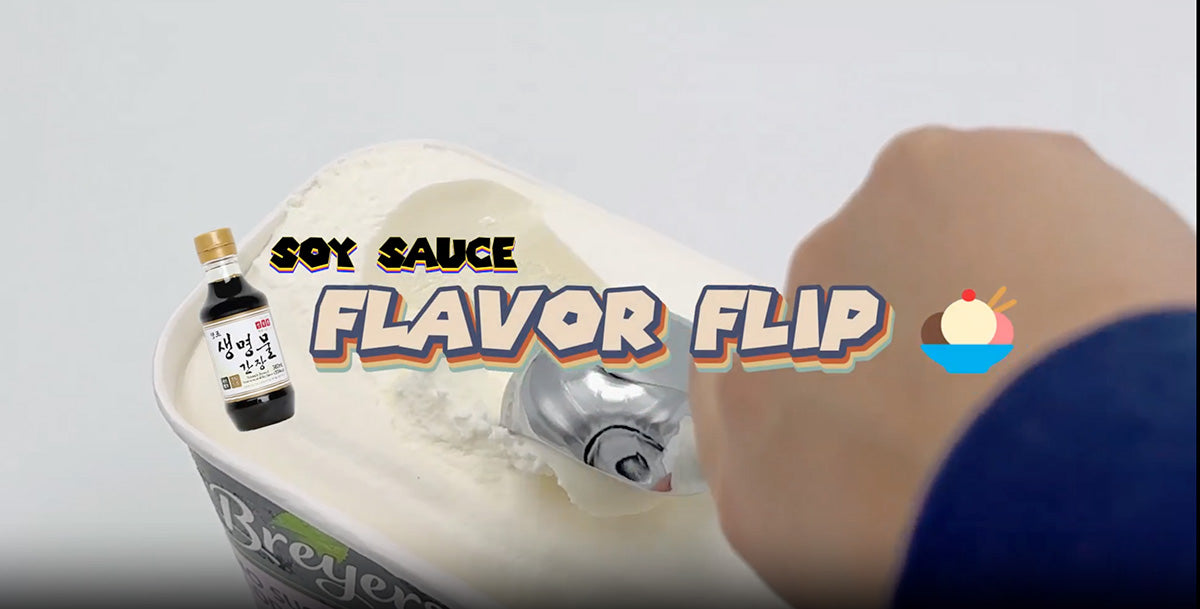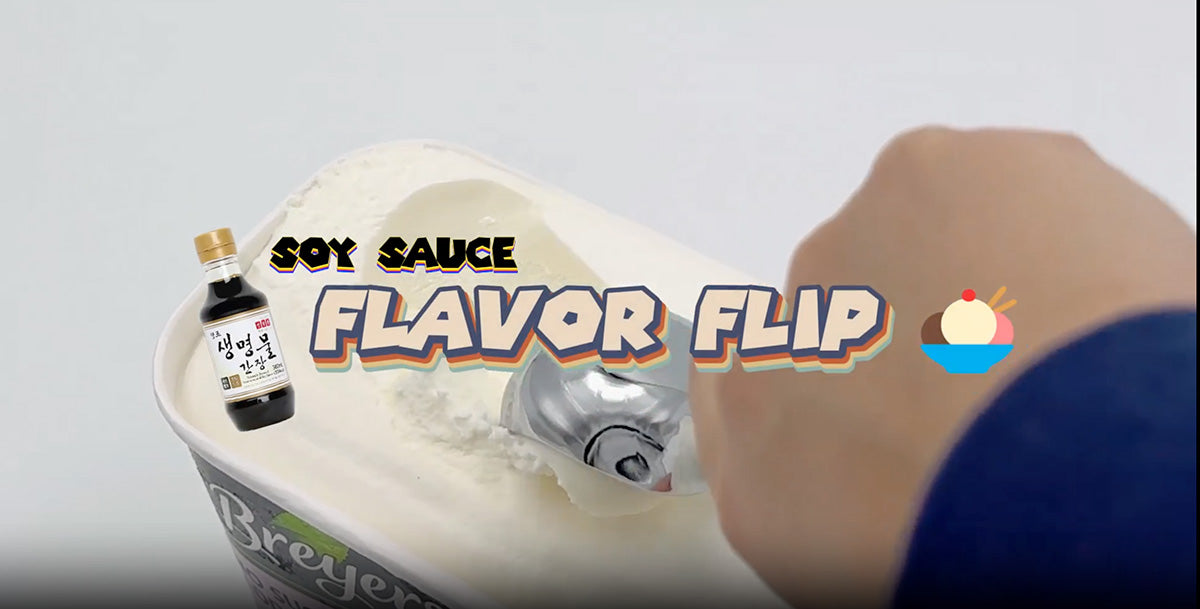· By Susan Kim
Can Dogs Have Soy Sauce? What Every Pet Owner Should Know
It’s dinner time, and your pup is giving you those irresistible eyes while you dip your sushi or fried rice into a savory puddle of soy sauce. As dog parents, we’ve all been there—tempted to share a little something from our plates. But when it comes to soy sauce, hold off on sharing.
While soy sauce is a staple in many kitchens and adds delicious umami to meals, it’s not a safe treat for dogs. Here’s why—and what to do if your dog accidentally gets a taste.
🛑 Risks & Symptoms of Soy Sauce for Dogs
Why is soy sauce bad for dogs?
The biggest danger lies in the extremely high sodium content. Just one tablespoon of soy sauce can contain up to 1,000 mg of sodium—more than some adult humans need in an entire day! Dogs, especially small breeds or those with health issues, can't tolerate such high levels of salt.
Symptoms of soy sauce toxicity in dogs may include:
-
Excessive thirst or urination
-
Vomiting or diarrhea
-
Lethargy or weakness
-
Tremors or seizures (in severe cases)
-
Loss of coordination
-
In extreme cases: kidney damage or salt poisoning
Dogs with underlying kidney, liver, or heart conditions are especially vulnerable.
And if your dog accidentally eats soy sauce along with garlic, onions, or other toxic ingredients (common in takeout or sauces), the risk becomes even more serious.
🥩 Safe Alternatives for Dogs
If you're looking to add a little flavor to your dog's food or want them to feel included during mealtime, there are plenty of dog-safe options you can use instead of soy sauce.
Here are a few healthier choices:
-
Plain cooked lean meats (like chicken, turkey, or beef) – no seasoning!
-
Unsalted bone broth – rich in flavor and nutrients
-
Pumpkin purée – gentle on the stomach and tasty
-
Low-sodium veggie broth (without onion or garlic)
-
Vet-approved dog food toppers – available in most pet stores
Remember, a dog's palate doesn't need salt, soy, or spices to enjoy their meals.
🚨 What to Do If Your Dog Eats Soy Sauce
“My dog ate soy sauce—what now?”
If your dog licked a small amount off the floor, chances are they’ll be okay. But if they consumed more than a few licks—or worse, drank straight soy sauce—it’s time to take action.
Follow these steps:
-
Estimate the amount consumed (even roughly).
-
Check for symptoms over the next few hours: panting, restlessness, vomiting, or excessive thirst.
-
Provide fresh water immediately to help dilute the sodium.
-
Call your vet if:
-
Your dog is small (under 15 lbs)
-
Shows any symptoms of distress
-
Ate a moderate to large amount of soy sauce
-
-
In emergencies, call your nearest pet poison hotline or go to an emergency vet clinic.
❓ FAQ: Soy Sauce & Dogs
Can soy sauce be used in homemade dog food?
No. Even small amounts of soy sauce can spike your dog’s sodium intake beyond safe limits. Stick with plain, low-sodium ingredients and vet-approved recipes.
Is low-sodium soy sauce okay for dogs?
Still no. “Low-sodium” soy sauce is still too salty for dogs, and the added ingredients might not be safe either. It’s best avoided.
What human foods are safe to share with dogs?
Try these dog-friendly snacks:
-
Plain cooked meats (no sauce or seasoning)
-
Sliced apples (no seeds)
-
Blueberries, carrots, or cucumber
-
Scrambled eggs (unseasoned)
Always research or check with your vet before offering new foods.
🐶 Final Thoughts: Play It Safe
Just because something is tasty for humans doesn’t mean it’s safe for dogs. Soy sauce might seem harmless, but the high sodium levels can seriously harm your pup’s health, especially if they consume it regularly or in large quantities.
The best way to show your love? Stick to dog-safe treats and consult your vet before introducing any human food into your dog’s diet.

















